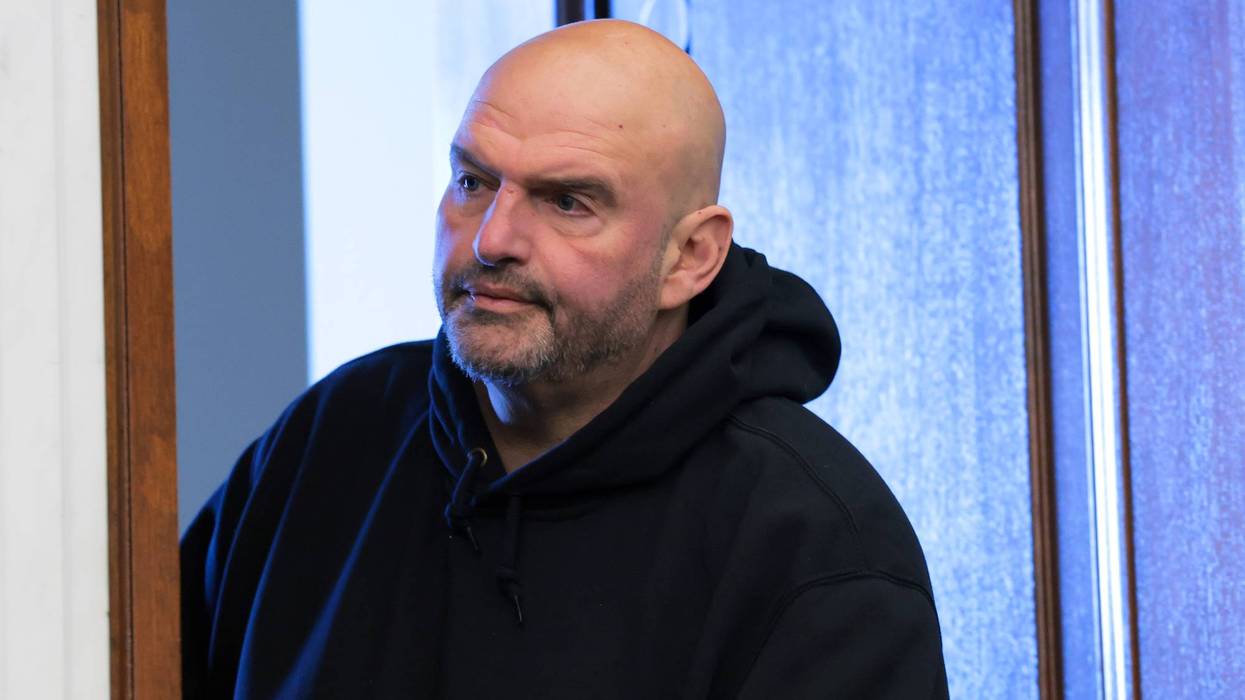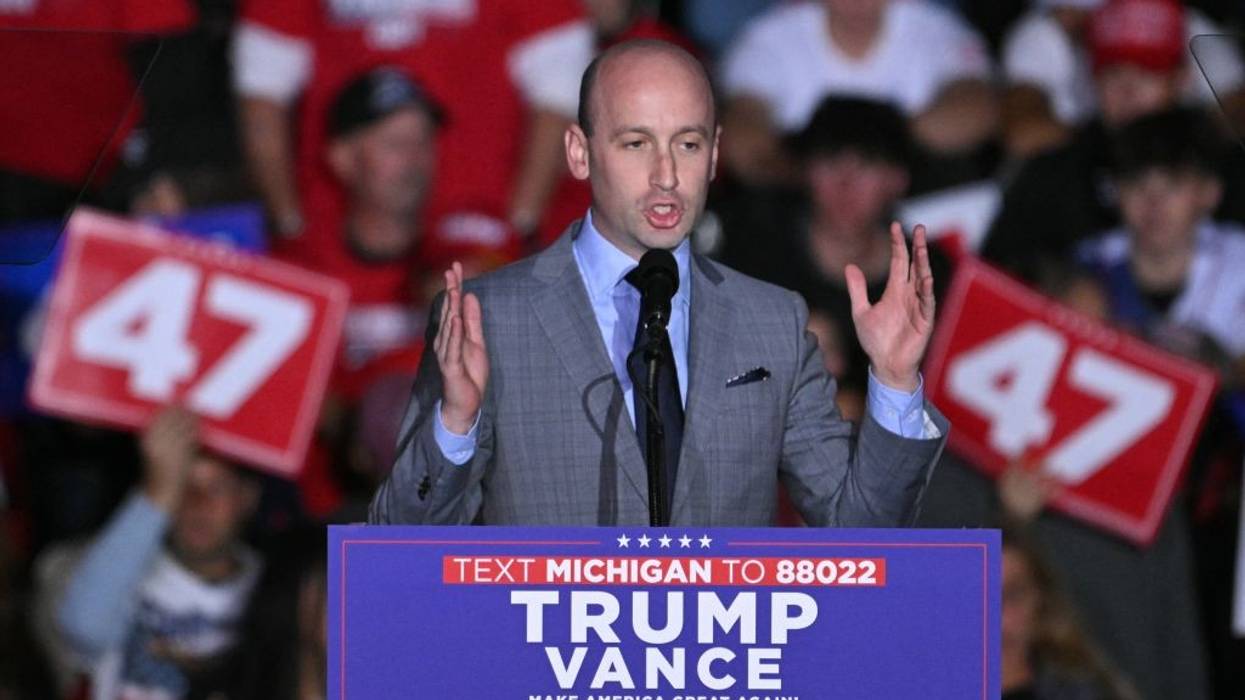According to The New York Times:
On Monday, two senior administration officials, who spoke anonymously to describe the internal planning, said that Cabinet secretaries and federal department heads were working to identify organizations that funded or supported violence against conservatives. The goal, they said, was to categorize left-wing activity that led to violence as domestic terrorism, an escalation that critics said could lay the groundwork for crushing anti-conservative dissent more broadly.
Appearing on the latest episode of "The Charlie Kirk Show" podcast—which was guest hosted by US Vice President JD Vance—White House Deputy Chief of Staff Stephen Miller said that "we are going to use every resource we have at the Department of Justice, Homeland Security, and throughout this government to identify, disrupt, dismantle, and destroy these networks and make America safe again for the American people."
"It will happen, and we will do it in Charlie’s name," Miller vowed.
Vance said during the podcast that he wanted to explore “all of the ways that we’re trying to figure out how to prevent this festering violence that you see on the far left from becoming even more and more mainstream."
“You have the crazies on the far left who are saying, ‘Oh, Stephen Miller and JD Vance, they’re going to go after constitutionally protected speech,'” the vice president said. “We’re going to go after the network that foments, facilitates, and engages in violence."
Vance, who like Trump and numerous supporters claim to champion free speech, also took aim at "people who are celebrating" Kirk's killing.
Another unnamed administration official told the Times Monday that government agencies would be investigating people, including those accused of vandalizing Tesla electric vehicles and dealerships and allegedly assaulting federal immigration agents, in an effort to implicate US leftists in political violence.
Vance and Miller's threats ignored right-wing violence—which statistically outpaces left-wing attacks—including the recent assassinations of Democratic Minnesota House Speaker Melissa Hortman and her husband Mark Hortman, who were murdered in June by a right-wing masked gunman disguised as a police officer.
Investigative reporter Jason Paladino reported last week that the US Department of Justice apparently removed an academic study previously published on the National Institute for Justice's online library showing that "since 1990, far-right extremists have committed far more ideologically motivated homicides than far-left or radical Islamist extremists, including 227 events that took more than 520 lives" versus "42 ideologically motivated attacks that took 78 lives" committed by "far-left extremists."
Responding to Miller's remarks, New Republic staff writer Greg Sargent noted on social media that "Stephen Miller was directly involved in one of the largest acts of organized domestic political violence the United States has seen in modern times, the January 6 [2021] insurrection."
Congresswoman Diana DeGette (D-Colo.) weighed in Monday on Miller's attempt to exploit Kirk's murder, writing on the social media site Bluesky that "it's never acceptable to kill someone for their political beliefs. But the Trump [administration] exploiting the shooting of Charlie Kirk to follow their authoritarian instincts and crack down on the left is incredibly disturbing."
"We must end any form of political violence—and reject those who try to exploit it," she added.
Democratic California Gov. Gavin Newsom noted Monday on social media that Miller "has already publicly labeled the Democratic Party as a terrorist organization."
"This isn’t about crime and safety," Newsom added. "It’s about dismantling our democratic institutions. We cannot allow acts of political violence to be weaponized and used to threaten tens of millions of Americans."
The progressive Working Families Party (WFP) said Monday on social media that "JD Vance and Stephen Miller want to use the horrifying murder of Charlie Kirk to target and dismantle pro-democracy groups."
"Their comments call to mind some of the darkest periods in US history," WFP continued. "They're dividing people based on what box we ticked on our voter registration."
Vance and Miller "want to stoke fear and resentment to justify their un-American crackdowns on free speech, mass abductions of working people, and military takeovers of our cities," WFP added. "This isn't going to fly. We’ve survived crises like this before as a country, and we can choose to live in a place where our political freedoms are protected, where we settle disagreements with words not weapons, and where no one has to fear losing a loved one to gun violence."




